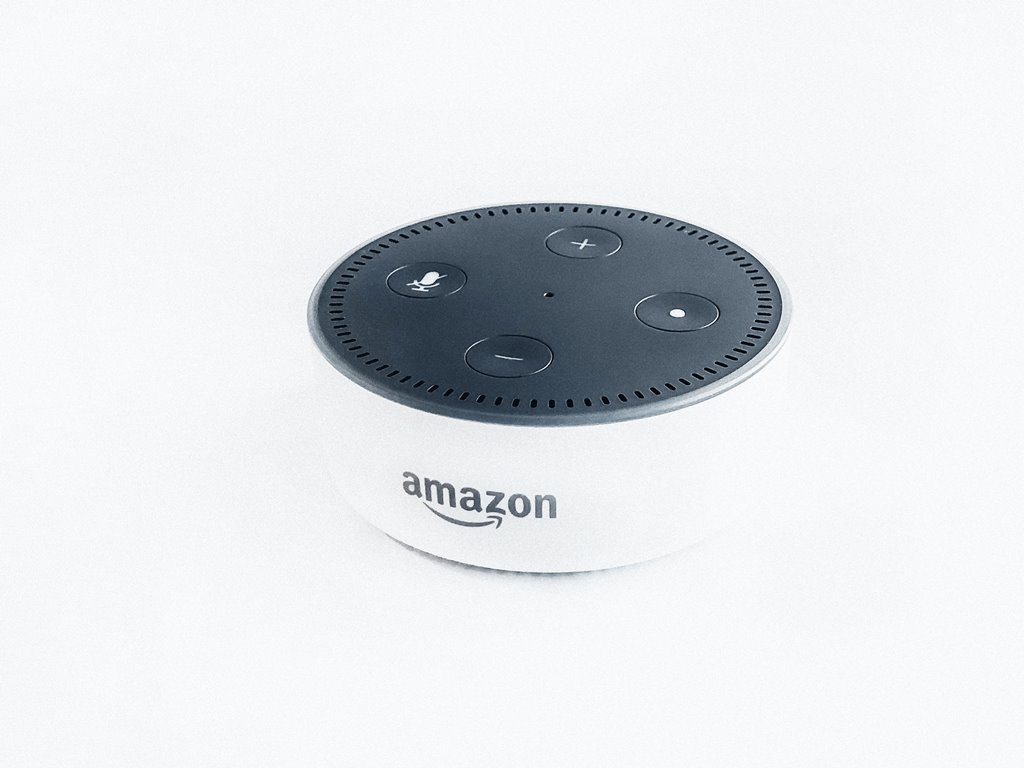It’s high time educational institutions promote the courses and classes of safe browsing of the internet. Education secretary already announced the guidance to teach school children how to use the internet safely, how to identify potential harms, catfishing, fake news and others.
According to the guidelines, schools will teach children the nature of relationships and help them understand how targeted advertising or news work on the internet. They will assist kids in identifying fake social profiles, fake advertisements and other digital issues.
Damian Hinds, the Education Secretary, believes that, in order to avoid such mistakes, you need to have a proper education and understand what’s going on on the other side of the internet. So even if the ads and news change, your knowledge stays, and you become somewhat “immune.”
The course will encourage schools and teachers (even parents) to teach students how URLs are made and what is an IP address. They will learn how the companies make targeted ads and how they track views, and how someone can create a fake profile (also known as catfishing).
Damian Hinds spoke at the NSPCC conference about online child safety. “At the most elemental level, it’s about understanding what people’s motivations are – why people behave differently when they’re behind a computer screen and why companies want to get your data for commercial advantage,” he said. He also added that waiting for the incident to happen to take action is the wrong thing. It’s time to prepare the children for potential harm.
Hinds also talked about parental control and that it should be on default setting in many cases.
Jeremi Wright, The Culture Secretary, also addressed this issue and spoke about sanctions that will address tech companies who failed to live by the code of practice.
The instructions on how to secure children from harmful information and how to secure your website will be published in Autumn 2019.
On this matter, a former chief executive of the National Crime Agency’s child exploitation and online protection division, Jim Gamble, commented that the government was too quick to blame tech companies and not the current mental state and mental health issues of children. He said that these issues weren’t something to be just tackling, and that government should take action.
Schools Will Teach Students About the Threats of the Internet: Fake News and Catfishing







